Subtotal: ৳ 600.00
Utrobin (Tab) 10mg
৳ 30.00
Indications
Therapeutic Class
Pharmacology
Dosage & Administration
Interaction
Simultaneous treatment of Solifenacin and a potent CYP3A4 inhibitor is contra-indicated in patients with severe renal impairment or moderate hepatic impairment. The effects of enzyme induction on the pharmacokinetics of Solifenacin and its metabolites have not been studied as well as the effect of higher affinity CYP3A4 substrates on Solifenacin exposure. Since Solifenacin is metabolised by CYP3A4, pharmacokinetic interactions are possible with other CYP3A4 substrates with higher affinity (e.g. Verapamil, Diltiazem) and CYP3A4 inducers (e.g. Rifampicin, Phenytoin, Carbamazepine). Effect of Solifenacin on the pharmacokinetics of other medicinal products: Oral Contraceptives: Intake of Solifenacin showed no pharmacokinetic interaction on combined oral contraceptives (Ethinylestradiol/Levonorgestrel).
Warfarin: Intake of Solifenacin did not alter the pharmacokinetics of R-warfarin or S-warfarin or their effect on prothrombin time. Digoxin: Intake of Solifenacin showed no effect on the pharmacokinetics of digoxin. Effects on ability to drive and use machines: Since Solifenacin, like other anticholinergics may cause blurred vision and, uncommonly, somnolence and fatigue, the ability to drive and use machines may be negatively affected.
Contraindications
Side Effects
- Gastrointestinal disorders: very common- dry mouth, common-constipation, nausea, dyspepsia, abdominal pain, uncommon- gastroesophageal reflux diseases, dry throat, rare- colonic obstruction, faecal impaction, very rare- vomiting.
- Infections and infestations: uncommonurinary tract infection, cystitis.
- nervous system disorders: uncommon- somnolence, dysgeusia, very rare-dizziness, headache.
- psychiatric disorders: very rare- hallucinations.
- eye disorders: common- blurred vision, uncommon- dry eyes.
- General disorders and administration site conditions: uncommon- fatigue, peripheral oedema.
- Respiratory, thoracic and mediastinal disorders: uncommon nasal dryness.
- skin and subcutaneous tissue disorders: uncommon- dry skin, very rare- pruritus, rash, urticaria.
- renal and urinary disorders: uncommon- difficulty in micturition, rare- urinary retention.
Pregnancy & Lactation
Precautions & Warnings
Use in Special Populations
Patients with renal impairment: No dose adjustment is necessary for patients with mild to moderate renal impairment (creatinine clearance >30 ml/min). Patients with severe renal impairment (creatinine clearance <30 ml/min) should be treated with caution and receive no more than 5 mg (one Utrobin 5 mg tablet) once daily.
Patients with hepatic impairment: No dose adjustment is necessary for patients with mild hepatic impairment. Patients with moderate hepatic impairment (Child-Pugh score of 7 to 9) should be treated with caution and receive no more than 5 mg (one Utrobin 5 mg tablet) once daily.
Potent inhibitors of cytochrome P450 3A4: The maximum dose of Solifenacin Succinate should be limited to 5 mg (one Utrobin 5 mg tablet) when treated simultaneously with Ketoconazole or therapeutic doses of other potent CYP3A4 inhibitors e.g. Ritonavir, Nelfinavir, Itraconazole. Solifenacin Succinate tablet (Utrobin tablet) should be taken orally and should be swallowed whole with liquids. It can be taken with or without food.
Overdose Effects
- Severe central anticholinergic effects such as hallucinations or pronounced excitation: treat with physostigmine or carbachol.
- Convulsions or pronounced excitation: treat with benzodiazepines.
- Respiratory insufficiency: treat with artificial respiration.
- Tachycardia: treat with beta-blockers.
- Urinary retention: treat with catheterisation.
- Mydriasis: treat with pilocarpine eye drops and/or place patient in a dark room.
As with other antimuscarinics, in case of overdosing, specific attention should be paid to patients with known risk for QT-prolongation (i.e. hypokalaemia, bradycardia and concurrent administration of medicinal products known to prolong QT interval) and relevant pre-existing cardiac diseases (i.e. myocardial ischaemia, arrhythmia, congestive heart failure).
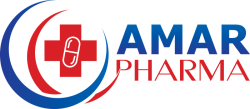
 Clean & Clear Foaming Face Wash | 50ml
Clean & Clear Foaming Face Wash | 50ml  Clean & Clear Foaming Face Wash 100ml
Clean & Clear Foaming Face Wash 100ml  Closeup | 100 g
Closeup | 100 g 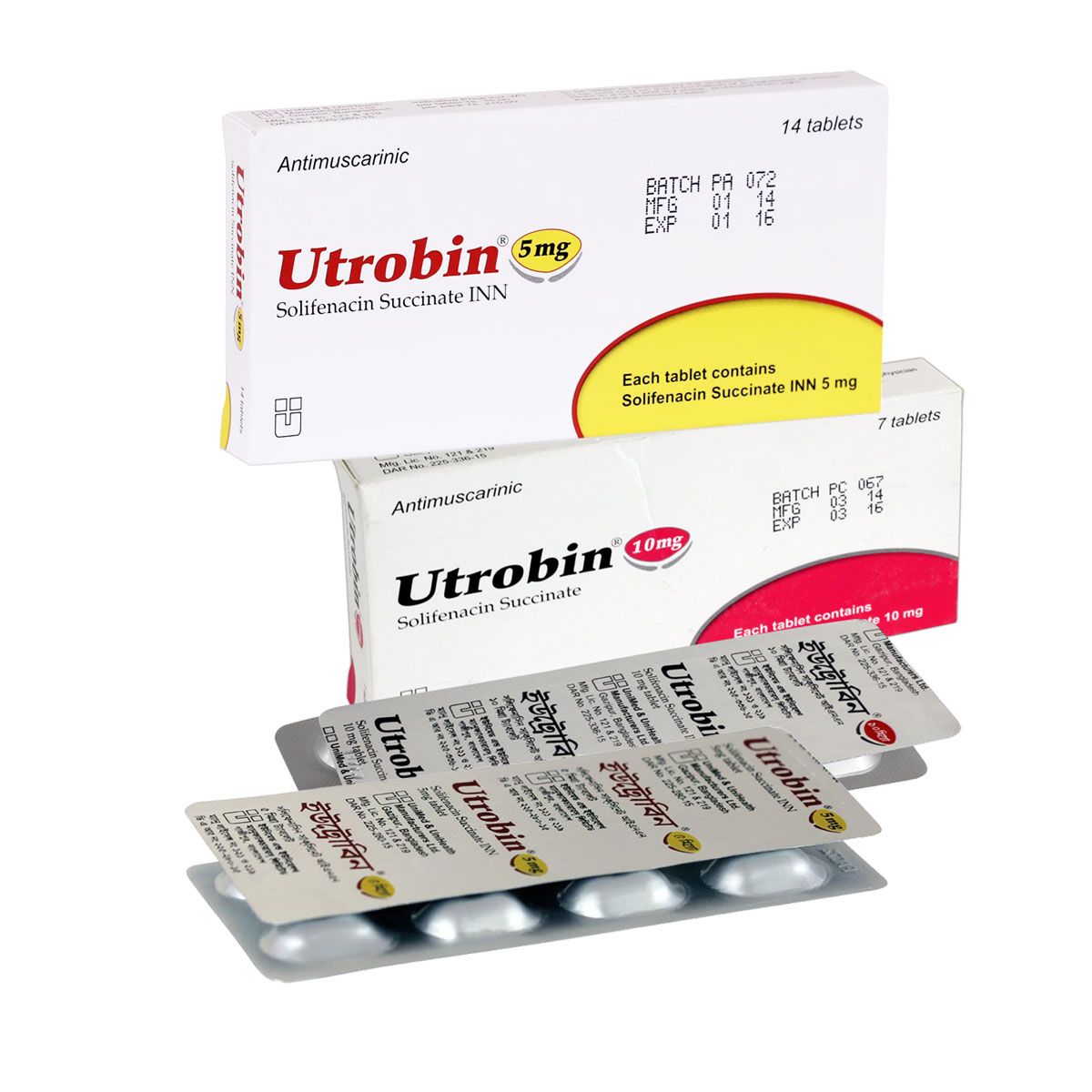
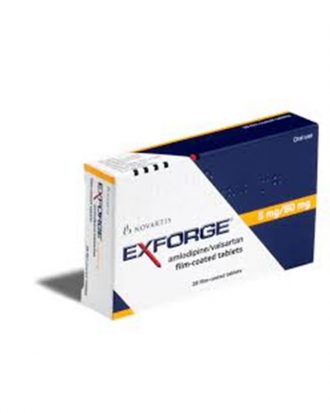
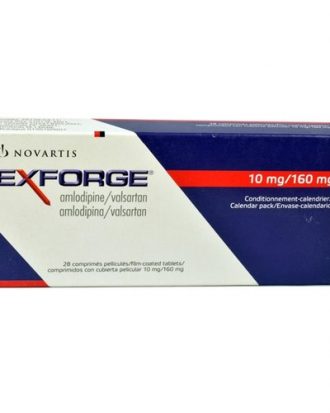

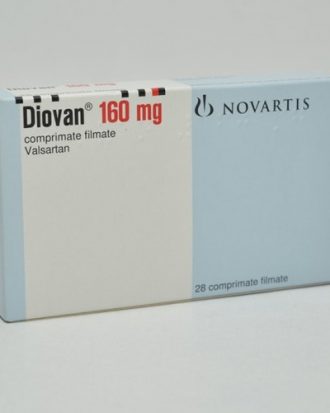

Reviews
There are no reviews yet.